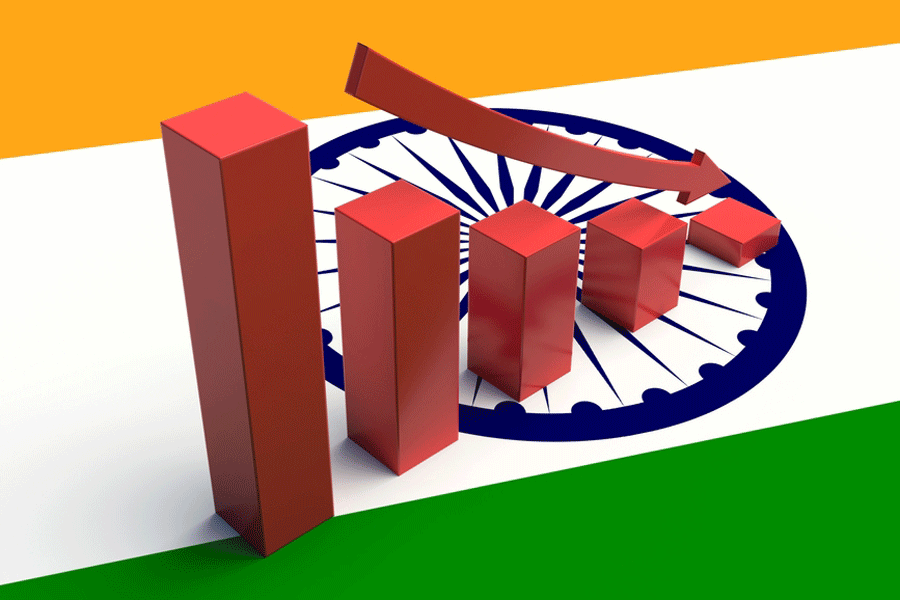 |
Once upon a time
The Confession of Sultana Daku (Penguin, Rs 399) by Sujit Saraf is an engrossing novel about a notorious dacoit of the bhantu community who terrorized the United Provinces in the Twenties. As evident from the title, the novel is in the form of a confession made by Sultana Daku to Lieutenant Colonel Samuel Pearce on the night before his hanging in the Haldwani jail. Through Pearce, Sultana addresses his absent son when he recounts his swashbuckling life of arson, murder and robbery. Moral judgement is withheld as Saraf lets the criminal speak for himself. The reader gets to glimpse a man who, while being completely ruthless towards his victims, is yet human in his loyalty towards his gang and in his hopes for his only son.
 |
Means of Awakening: Gender, Politics and Practice in Rural India (Stree, Rs 345) by Sirpa Tenhunen is “a study of women’s political participation and everyday practices in Janta, a village in the Bankura district of West Bengal.” Tenhunen challenges the widely-held notion that power and politics belong to the public domain, which has little or no relation to the domestic sphere. The corollary of this perceived division between the public and the private is that studies have tended to concentrate on men’s participation in politics while ignoring women’s political activities. Fifteen months of fieldwork in Janta shows Tenhunen that women in rural Bengal are increasingly coming to the forefront of political struggles, thus changing the way gender roles are constructed and imposed. The spread of technology, such as the building of mobile networks, has a considerable role to play in this process of empowerment. The empirical data collected by Tenhunen gives weight to her thesis and make this a valuable study of shifting gender roles.
Rani Padmini: The Heroine of Chittor (Rupa, Rs 95) by B.K. Karkra is an attempt at finding the truth which lies behind the various legends surrounding the queen of Chittor. In 1540, Malik Mohammed Jayasi wrote Padmavat, which celebrated, among other well-known historical figures, Padmini. The stories about Padmini’s ethereal beauty and her unshakeable virtue owe largely to Jayasi’s romanticized account of her life. But not everything that Jayasi said was false. Karkra has unearthed the details of the historical Padmini’s life for his book. Although a tad repetitive, this is a well-researched study about the queen who was said to be so fair that one could see the blood circulating in her veins.











